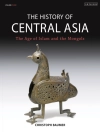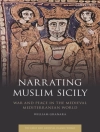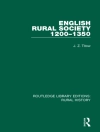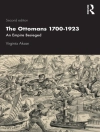This book repositions early modern Catholic abroad colleges in their interconnected regional, national and transnational contexts. From the sixteenth century, Irish, English and Scots Catholics founded more than fifty colleges in France, Flanders, Spain, Portugal, the Papal States and the Habsburg Empire. At the same time, Catholics in the Dutch Republic, the Scandinavian states and the Ottoman Empire faced comparable challenges and created similar institutions. Until their decline in the late-eighteenth century, tens of thousands of students passed through the colleges. Traditionally, these institutions were treated within limiting denominational and national contexts. This collection, at once building on and transcending inherited historiographies, explores the colleges’ institutional interconnectivity and their interlocking roles as instruments of regional communities, dynastic interests and international Catholicism.
Mục lục
1 Introduction – college communities abroad: education, migration and Catholicism in early modern Europe – Liam Chambers
2 The Society of Jesus and the early history of the Collegium Germanicum, 1552–84 – Urban Fink
3 Colleges and their alternatives in the educational strategy of early modern Dutch Catholics – Willem Frijhoff
4 The domestic and international roles of Irish overseas colleges, 1590–1800 – Thomas O’Connor
5 The Scots colleges and international politics, 1600–1750 – Adam Marks
6 Seminary colleges, converts and religious change in post-Reformation England, 1568–1688 – Michael Questier
7 The Maronite college in early modern Rome: between the Ottoman Empire and the Republic of Letters – Aurélien Girard and Giovanni Pizzorusso
8 English women religious, the exile male colleges and national identities in Counter-Reformation Europe – James E. Kelly
Index
Giới thiệu về tác giả
Joseph Bergin is Professor Emeritus of History at the University of Manchester, Fellow of the British Academy and Correspondant Étranger, Institut de France.












